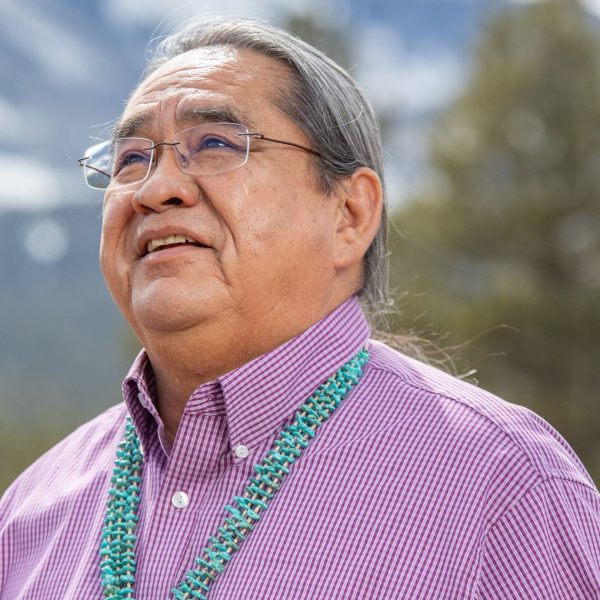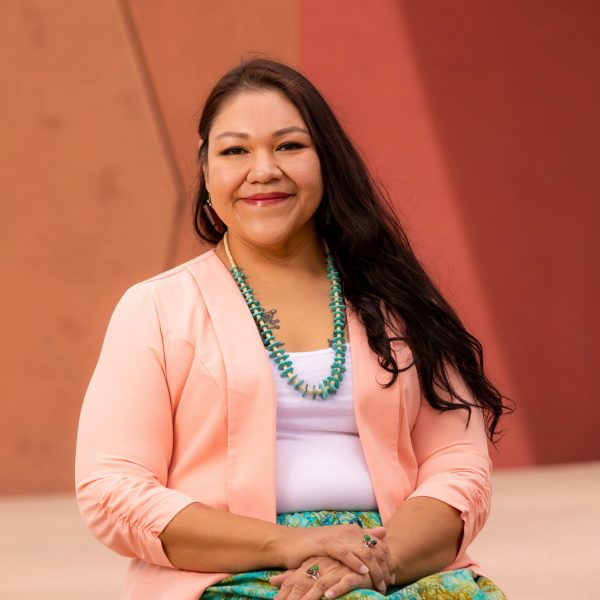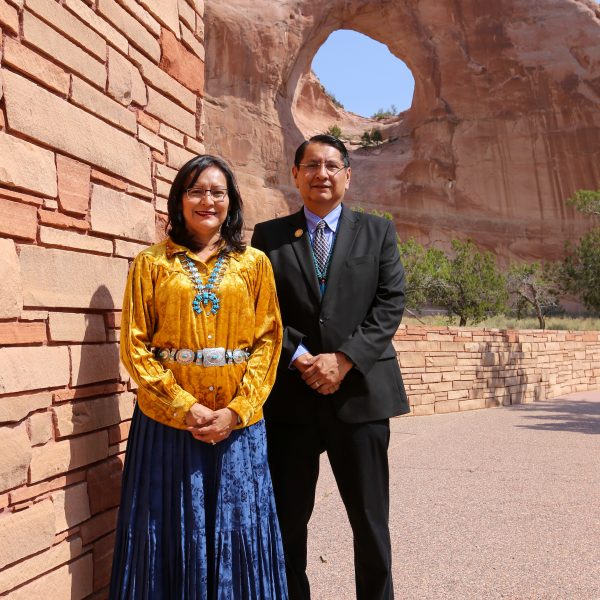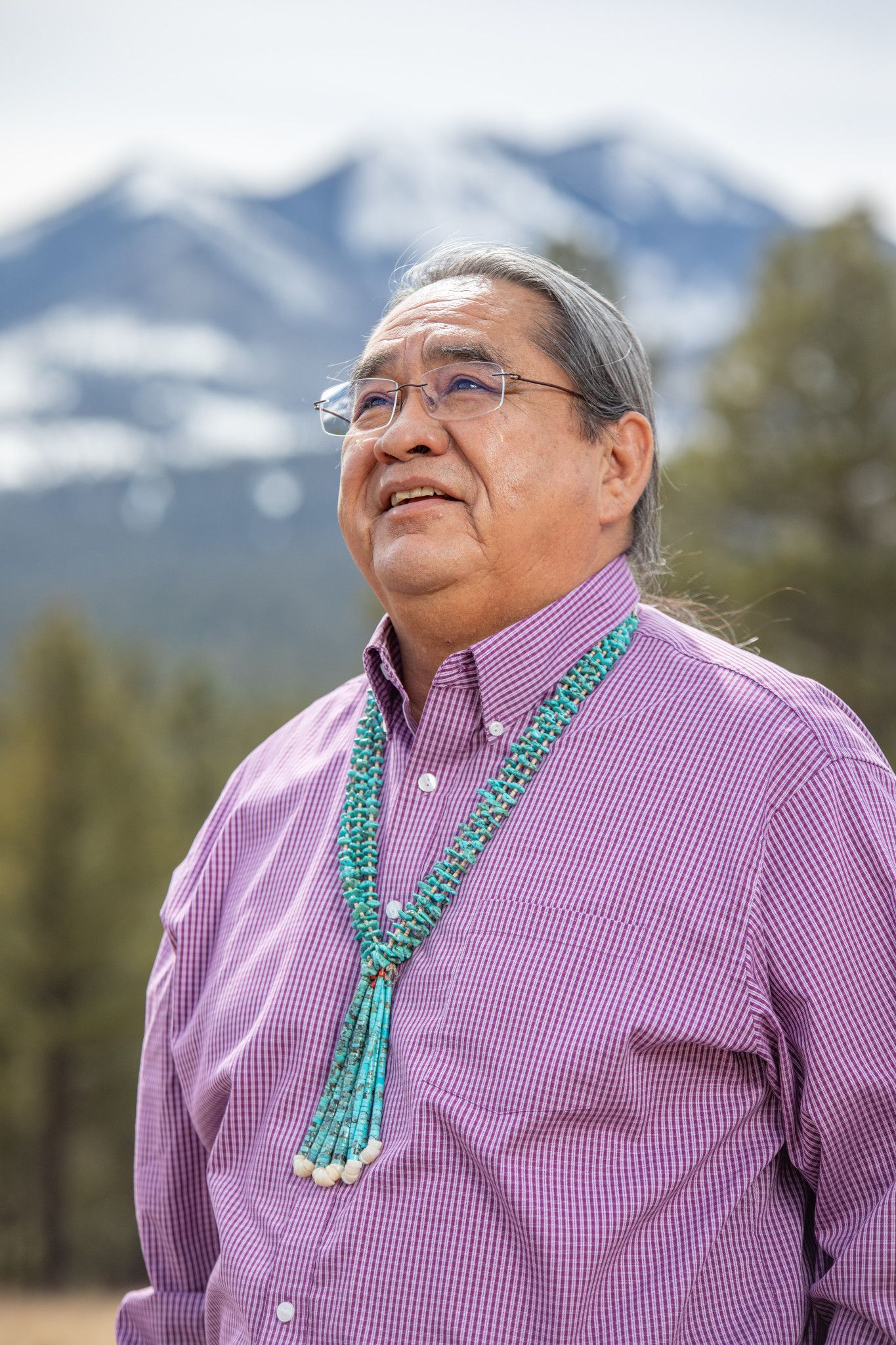
NAU’s Manley Begay Jr. offers his insight on what those interested in working with Indigenous nations should know.
Manley Begay Jr., EdD, is a professor in NAU’s Department of Applied Indigenous Studies and affiliate faculty in The W. A. Franke College of Business and the Department of Politics and International Affairs. A citizen of the Navajo Nation, Dr. Begay specializes in Indigenous nation-building. He currently serves as the interim director of NAU’s Tribal Leadership Initiative and was co-director of the Harvard Project on American Indian Economic Development for over a decade. Dr. Begay is an internationally recognized scholar who has consulted on nation-building and economic development for more than 500 Indigenous groups around the world.
Why is working with Indigenous nations a good career choice?
Those who engage in working with Indigenous nations will not have to go elsewhere in the world to deal with development of governing institutions; construction of culturally appropriate political systems; creation of viable economies; the maintenance and preservation of Indigenous languages and culture; the effective management of environment and natural resources; and the negotiation of complex relationships with the federal government, states, and other entities to improve health and advance education. The successes and setbacks of Indigenous polities carry important, inherently interdisciplinary lessons for all who work in Indigenous Country.
What do successful Indigenous nations have in common?
There are five ingredients to successful development of Indigenous nations, and they are:
Assertion of political sovereignty – When Native nations make their own decisions about what development approaches to take, they consistently outperform external decision makers.
Institutions matter – Assertions of sovereignty must be backed by capable institutions of governance.
Culture matters – Indigenous nations must equip themselves with governing structures, economic systems, policies, and procedures that fit their own contemporary cultures.
Strategic thinking matters – Those Indigenous nations who systematically plan for the long term often fare better than those who don’t.
Leadership matters – Nation-building requires leaders who introduce new knowledge and experiences, challenge assumptions, and propose change.
When these ingredients are present, there is higher likelihood that Indigenous nations will achieve sustained, self-determined social and economic development.
Does NAU tailor programs to understanding specific Tribes?
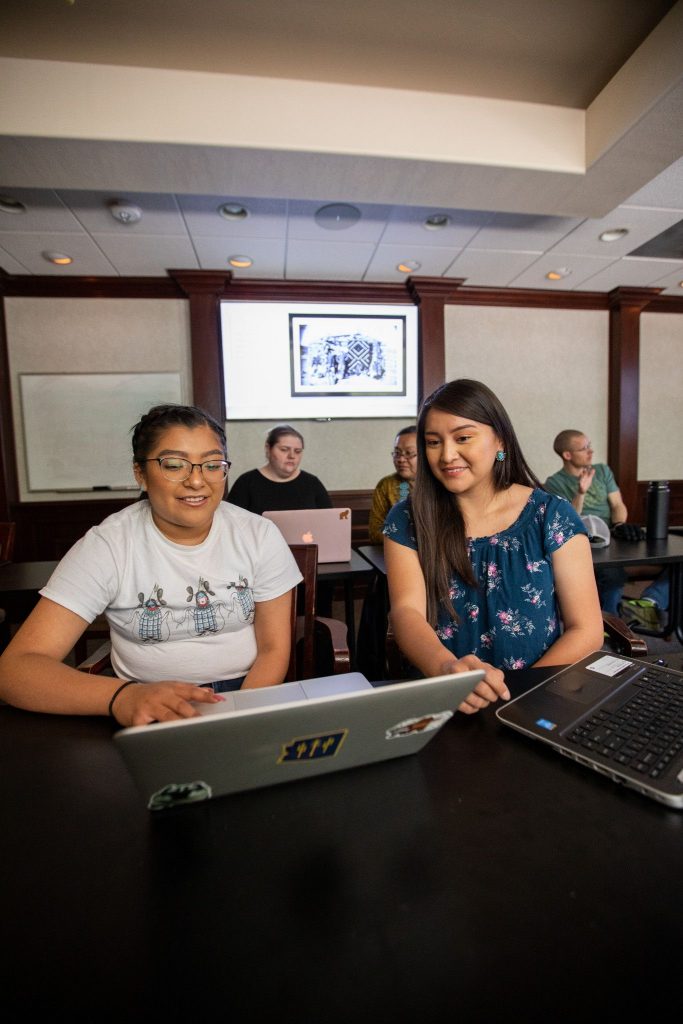
Many of the programs at NAU (e.g., Institute for Tribal Environmental Professionals, Tribal Leadership Initiative, Applied Indigenous Studies, etc.) understand that Indigenous nations are diverse—geographically, politically, culturally—and therefore take these diversities into consideration for their operations, goals, and objectives.
What is the best piece of advice you can give to anyone working with Indigenous officials?
Learn as much as you can about the Indigenous nation you are working with—conduct background research (place/location, tribe/nation, history, culture, etc.) in order to put the nation in context for your work.
What are the two biggest issues facing Indigenous nations today?
They are:
Support for and protection of sovereignty
Development of appropriate educational programs to serve Indigenous Country
Read more about professor Manley Begay Jr., his Indigenous nation-building efforts, and the Tribal Leadership Initiative.

